No One Feels Guilty About Their Guilty Pleasures
By Dan Brown
What are your guilty pleasures?
- Reality TV?
- Soap operas?
- Disco music? The Three Stooges?
- Something else?
My guilty pleasures include old Marvel comic books, black-and-white sci-fi magazines, and yacht rock.
But here’s the thing: If you’re like me, you probably don’t feel all that guilty while enjoying your guilty pleasures. In fact, almost no one does.
It’s time to admit that the term “guilty pleasure” has outlived its usefulness.
It’s been a long time since any of us felt shame for liking so-called “lowbrow” culture, and there are a number of reasons for the shift.
The original idea behind putting those two words together was that some movies, songs, TV shows, et cetera were so cruddy they were beneath supposedly cultured people.
It was a way to separate the things that were Art from the stuff that was crap.
This meant going to the opera was better for you than, say, watching Road Runner cartoons. If you appreciated highbrow things, you were a better person and if you liked pop culture, your tastes were considered stunted.
(The question this line of thinking prompts is, why are all the things that are supposed to be good for me so hard to consume? In this view, culture is medicinal – it tastes awful, but you’ll be better for experiencing it.)
Somewhere along the line, our collective thinking changed. Thank goodness.
As pop culture has moved to the centre of our culture (our “discourse,” if you want to use a fancy academic word), it has become more respectable, more like Art.
When I was a kid delivering the London Free Press in the 1970s, they didn’t report weekend movie grosses every Monday. Fast-forward to today and Hollywood is a big, legitimate business. No one disputes motion pictures have a role to play in telling our collective story. Even horror pictures!
Or look at what’s happened with TV.
Once derided as the boob tube (because TV shows were made for viewers of low intelligence), network TV underwent a renaissance in the 1990s that has given way to the streaming revolution we are now experiencing. We are in a TV Golden Age.
Much more money and effort is invested into making entertainment in the 2020s than 50 years ago.
And we also have the internet, a global communications hub that allows us to talk with other fans around the world, and guess what? They agree there’s a lot more going on in populist culture than the snobs ever gave it credit for.
Superman is a metaphor for the immigrant experience? Not just a dumb comic about a hero who punches bad guys? What the?
The theory of the long tail means those who love Dungeons & Dragons, for instance, in one community don’t feel so alone anymore – there are RPG enthusiasts everywhere, and if that many people love gaming, can they all be wrong?
The middle phase in this shift was when people would say they appreciated something “ironically,” which was another way to wink, to indicate you were too smart to be enjoying something, but you were self-aware enough to know it wasn’t really that mentally nutritious.
Well, in 2025 no one says that much anymore, either.
For better or worse, we no longer live in a shame-based society.
So if you catch yourself copping to your own “guilty pleasures,” don’t feel you need to use those words.
Consider this column permission to like whatever culture you prefer – and not feel ashamed or embarrassed while enjoying it.
Dan Brown has covered pop culture for more than 32 years as a journalist and also moderates L.A. Mood’s monthly graphic-novel group.


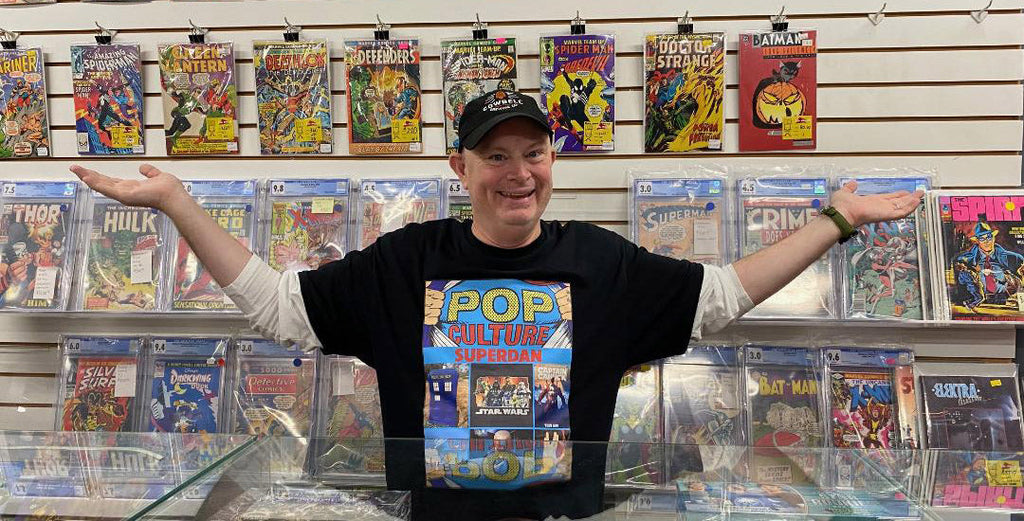
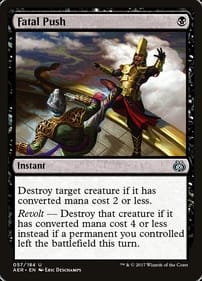
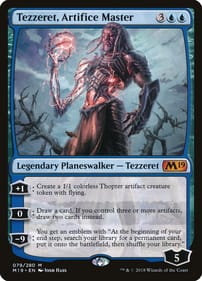
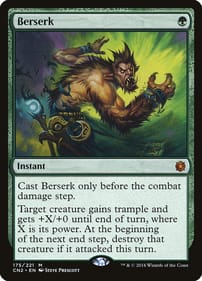
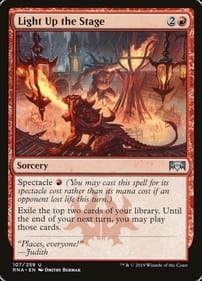
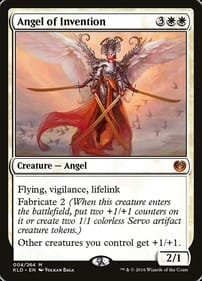
Leave a comment